Evaluating People Researcher Agents
In this article, we will discuss the process of evaluating people researcher agents, which are designed to extract information about individuals from publicly available data sources. The evaluation process is crucial in determining the effectiveness of these agents in providing accurate and reliable information.
Introduction to People Researcher Agents
People researcher agents are tools used to gather information about individuals from various online sources, such as social media, news articles, and professional networking sites. These agents use natural language processing (NLP) and machine learning algorithms to extract relevant data, including names, job titles, companies, and other personal details.
The Evaluation Process
The evaluation process for people researcher agents involves assessing their ability to accurately extract relevant information from online sources. This is typically done using a dataset of known individuals, where the agent's output is compared to the actual information available. The evaluation process can be divided into several stages:
- Data Collection: A dataset of known individuals is collected, along with their corresponding online profiles and relevant information.
- Agent Evaluation: The people researcher agent is run on the collected dataset, and its output is compared to the actual information available.
- Scoring: The agent's performance is scored based on its ability to accurately extract relevant information, such as names, job titles, and companies.
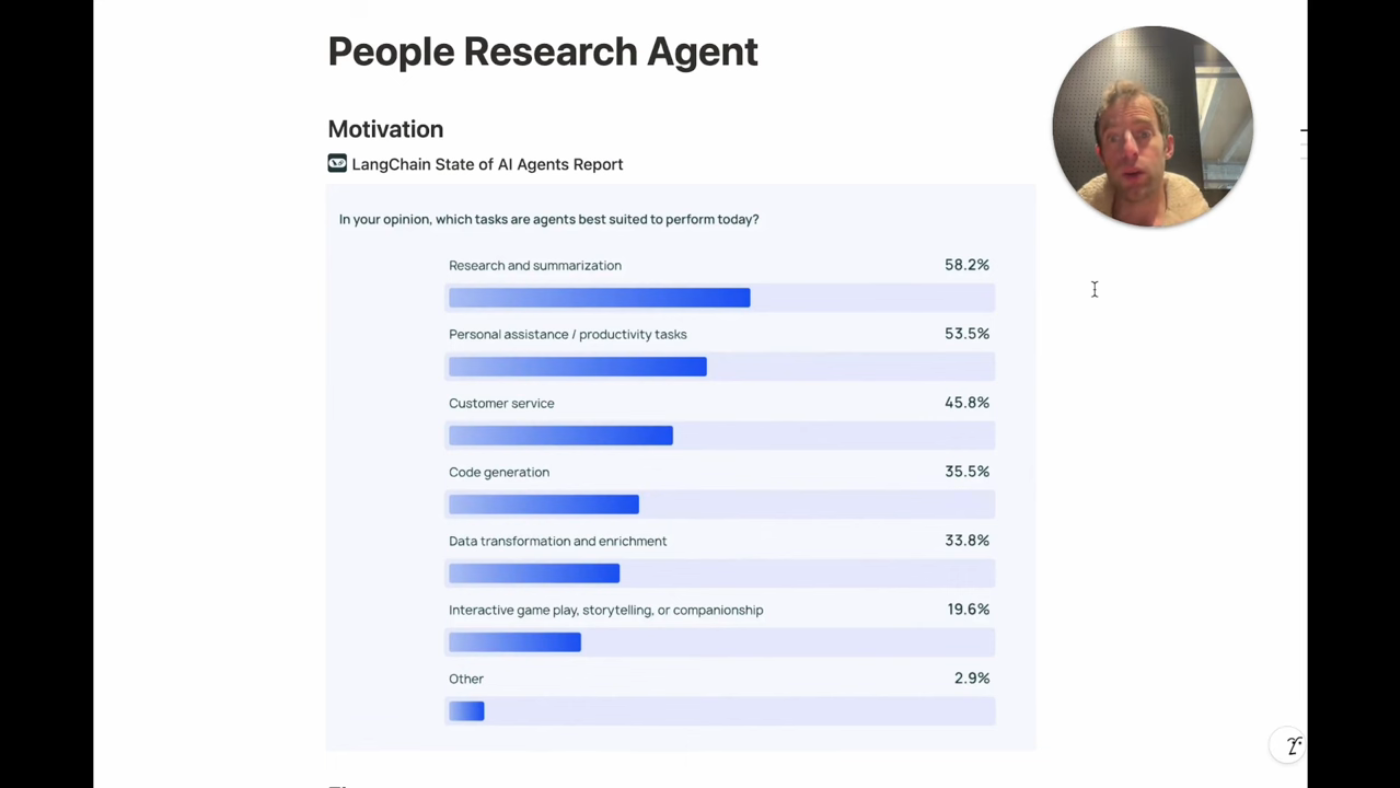 This is the architecture of a people researcher agent
This is the architecture of a people researcher agent
Agent Architecture
The people researcher agent's architecture consists of several components, including:
- Input Module: This module takes in the input data, such as a person's name or email address.
- Search Module: This module searches for relevant online profiles and information related to the input data.
- Extraction Module: This module extracts the relevant information from the search results, such as job titles, companies, and other personal details.
- Output Module: This module formats the extracted information into a structured output.
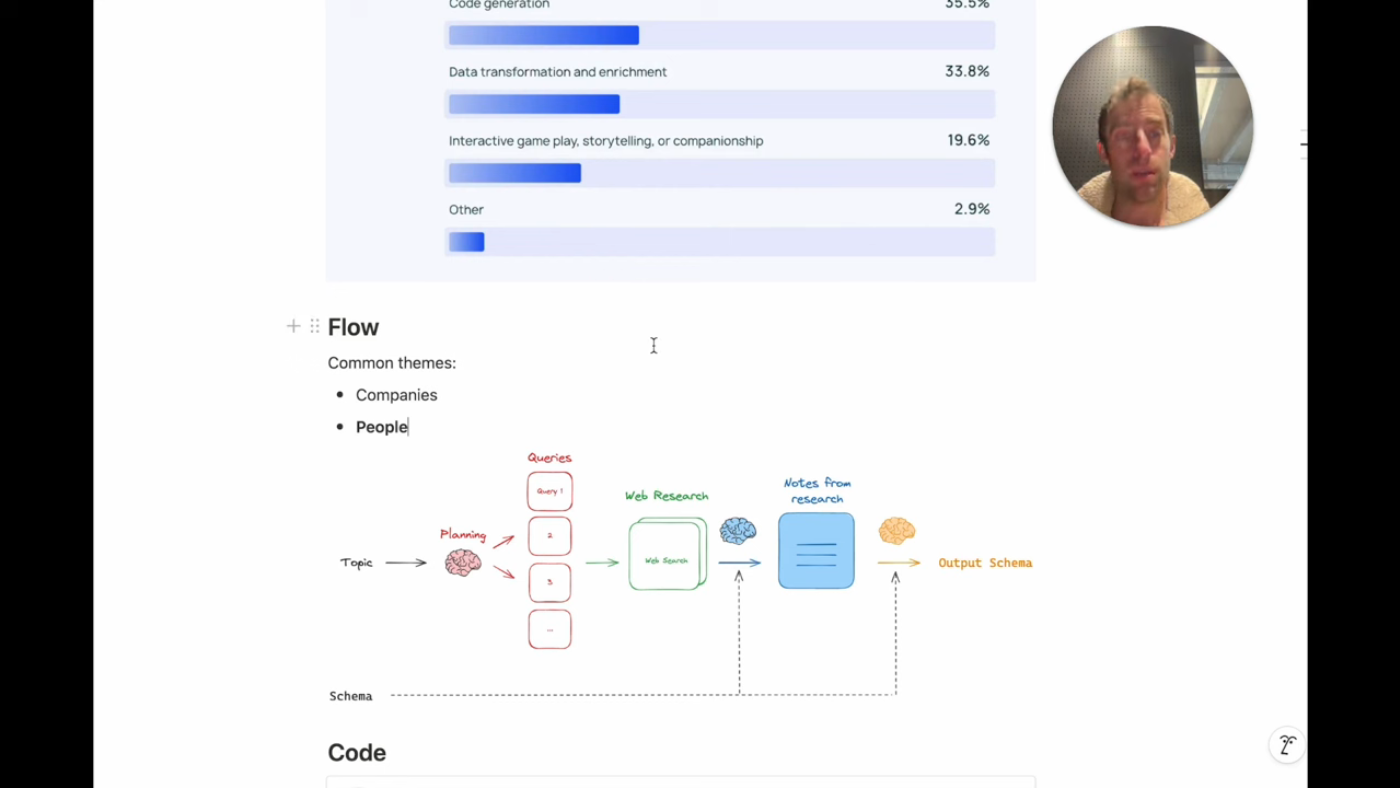 This is an example of search results for a people researcher agent
This is an example of search results for a people researcher agent
Evaluation Metrics
The evaluation metrics used to assess the people researcher agent's performance include:
- Accuracy: The percentage of correctly extracted information.
- Precision: The percentage of relevant information extracted.
- Recall: The percentage of all relevant information that was extracted.
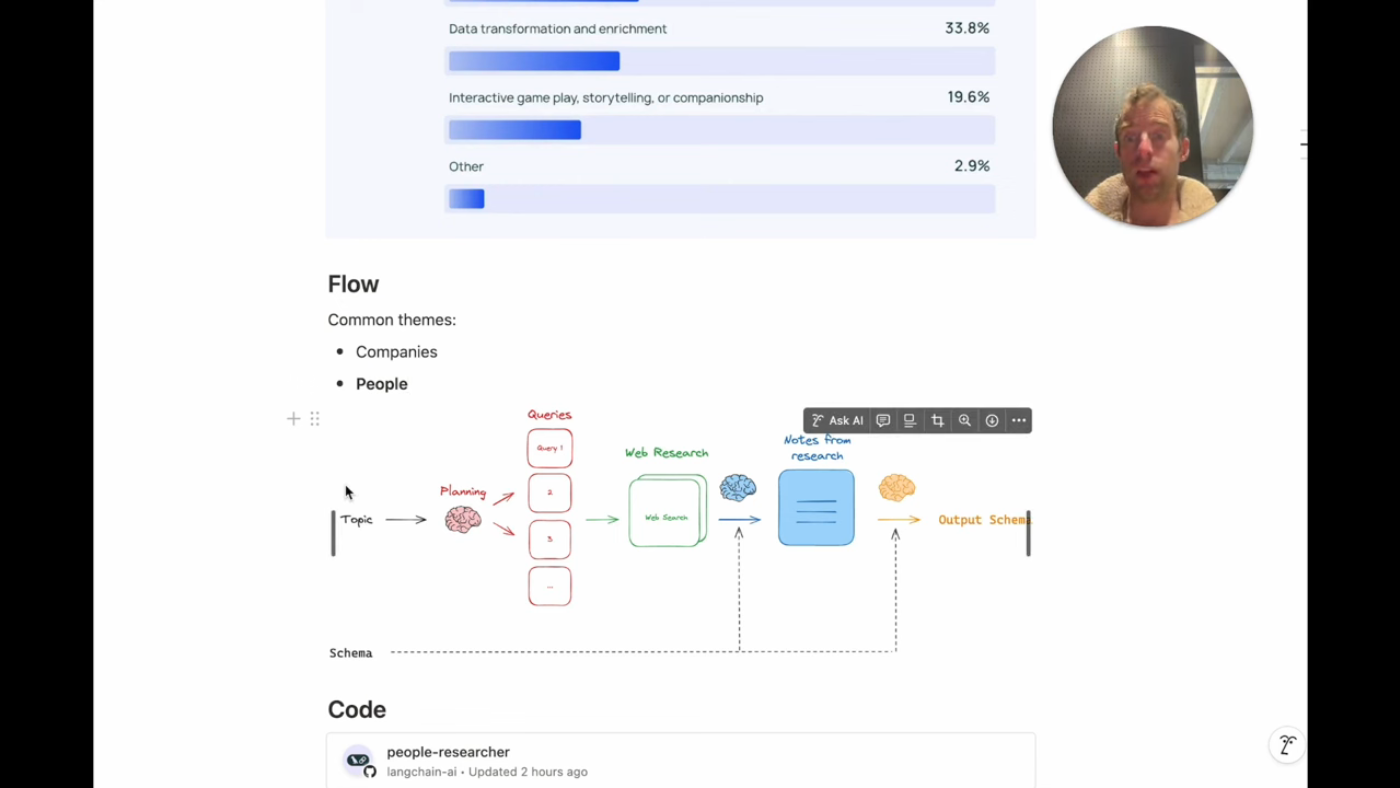 This is an example of evaluation metrics for a people researcher agent
This is an example of evaluation metrics for a people researcher agent
Conclusion
Evaluating people researcher agents is crucial in determining their effectiveness in providing accurate and reliable information. The evaluation process involves assessing the agent's ability to accurately extract relevant information from online sources, using metrics such as accuracy, precision, and recall. By using these metrics, developers can refine and improve the agent's performance, making it a valuable tool for various applications.
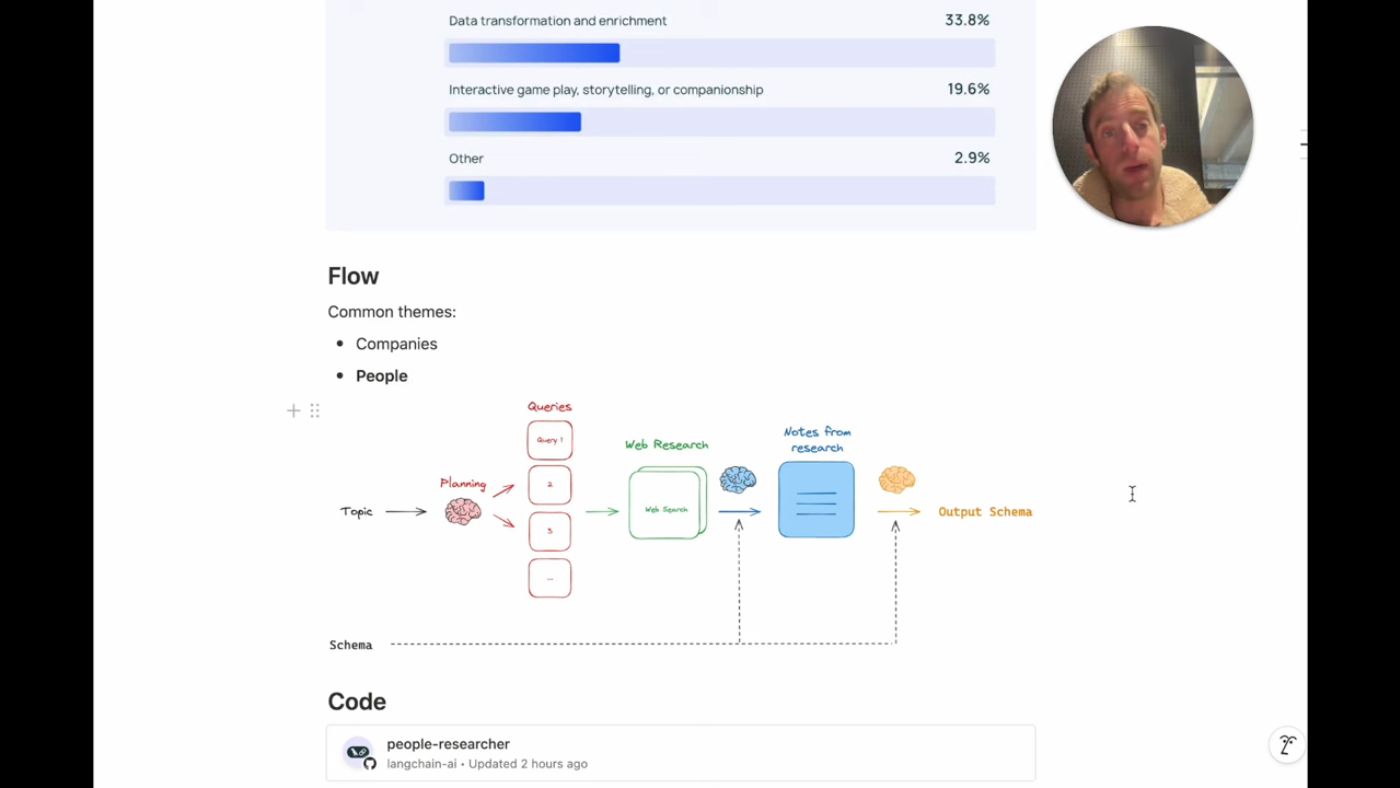 This is the conclusion of the evaluation process
This is the conclusion of the evaluation process
Future Work
Future work in this area can focus on improving the agent's performance, exploring new applications, and addressing potential biases and limitations.
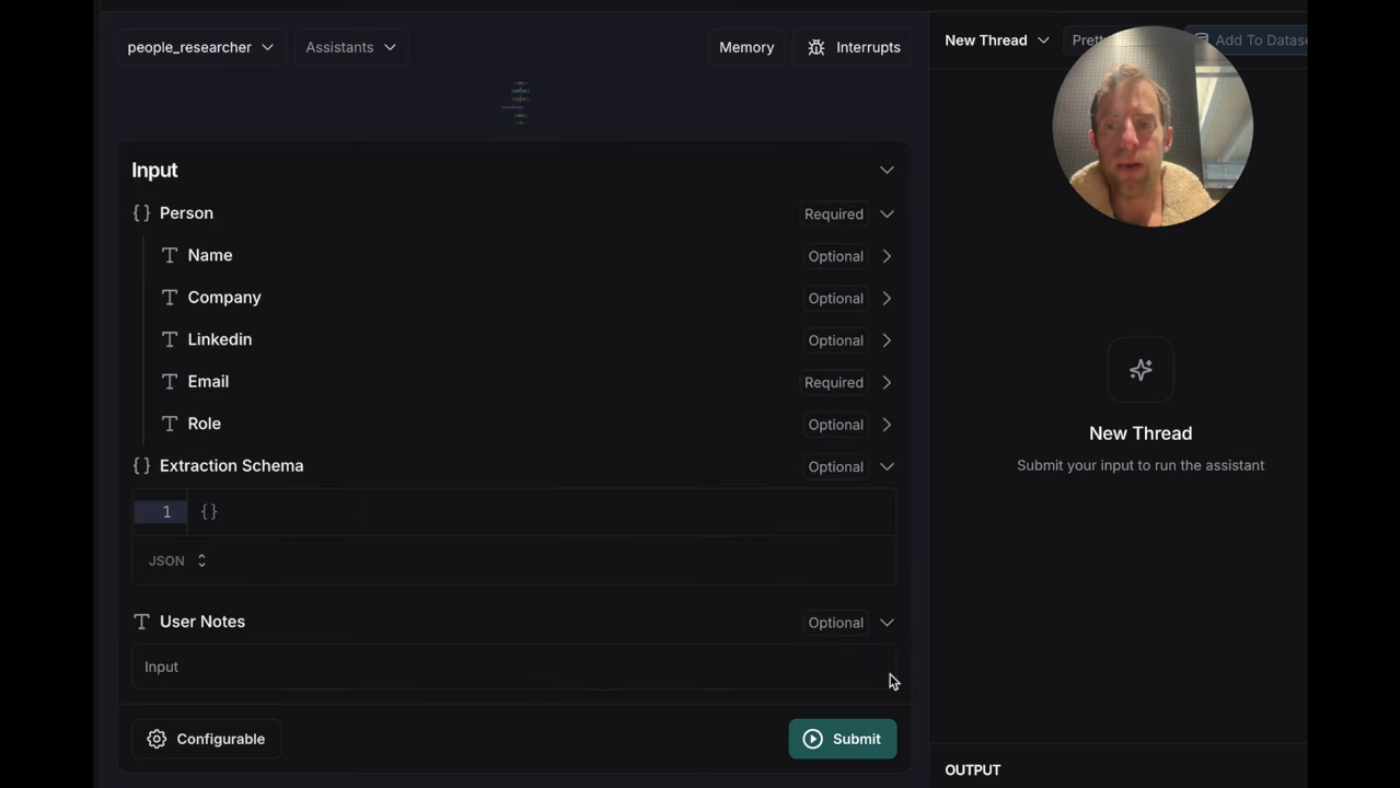 This is an example of future work in people researcher agents
This is an example of future work in people researcher agents
People Researcher Agent Evaluation
The people researcher agent evaluation process involves running the agent on a dataset of known individuals and comparing its output to the actual information available.
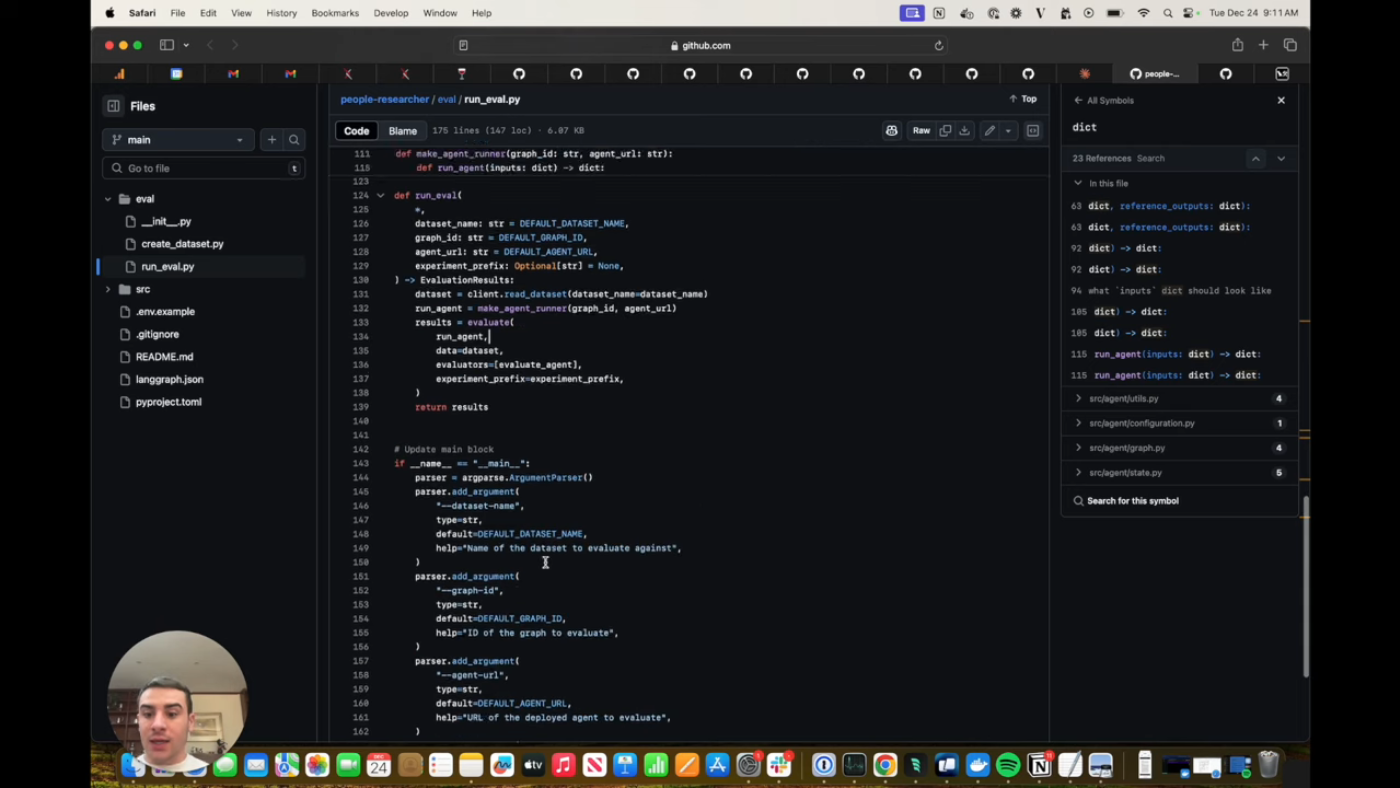 This is an example of the evaluation process for a people researcher agent
This is an example of the evaluation process for a people researcher agent
